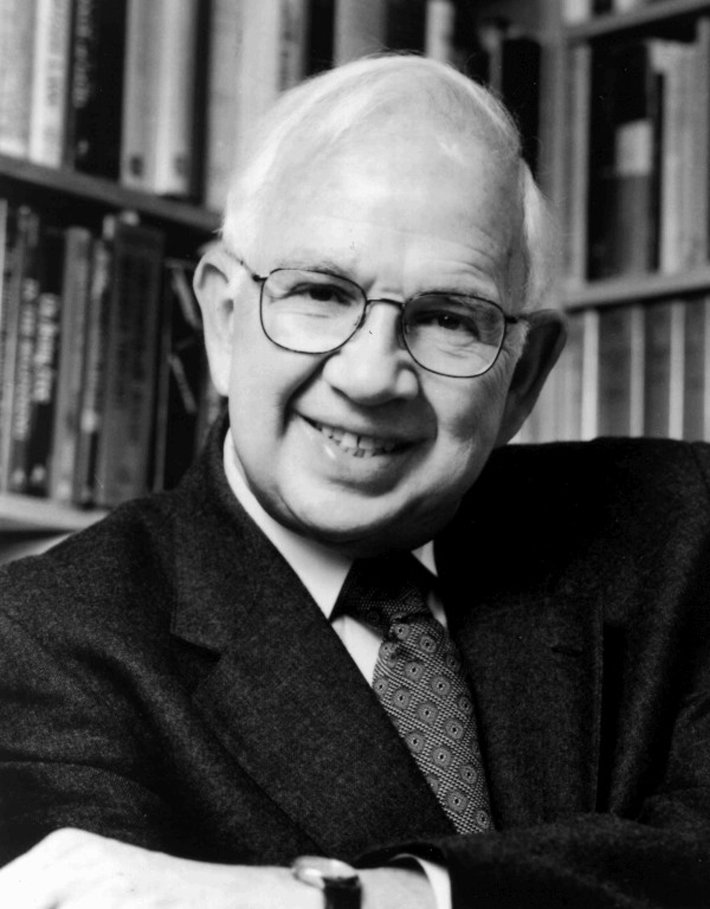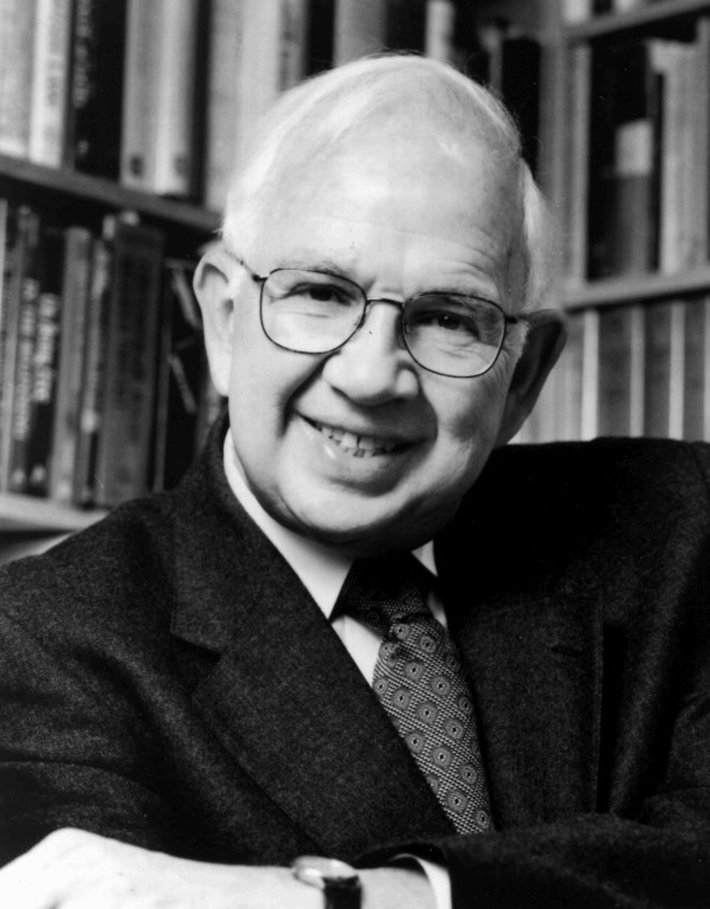
Harold Kushner, a renowned rabbi, has died. Kushner is probably best known for his bestselling book When Bad Things Happen to Good People.
The Conservative rabbi, who turned 88 April 3, died April 28 in Canton, Massachusetts, a short drive from Temple Israel where he was rabbi laureate, a synagogue in Natick, a Boston suburb, where he served for more than three decades.
Kushner began writing When Bad Things Happen to Good People after his son, Aaron, died in 1977 of a rare degenerative disease, progeria, just two days after his 14th birthday. He had been diagnosed with the disease, which causes rapid aging, when he was just three years old—within hours of the birth of a sister.
At 10, Aaron was physiologically six times older than his calendar age. He weighed 25 pounds and had the height of a 3-year-old. “Like a lot of children who feel they’re going to die soon, he was afraid he would be forgotten because he didn’t live long enough, not knowing parents never forget,” Kushner said in a 2008 profile of him in Columbia College Today, a magazine of Columbia University, where he earned a bachelor’s degree in 1955 and a master’s in 1960.
“I promised I’d tell his story,” Kushner said.
The 1981 book, which was initially rejected by two publishers, became a No. 1 New York Times bestseller, turning Kushner into a celebrity author and commentator.
“Can I, in good faith, continue to teach people that the world is good, and that a kind and loving God is responsible for what happens in it?” Kushner asks in his book, echoing a familiar but often fraught theological question about how, in light of so much human suffering, an omnipotent power can also be benevolent.
When Bad Things Happen to Good People was among 14 books, many of them bestsellers, that Kushner authored. It was his “very first inkling of how much suffering was out there, all over the world, that religion was not coping with,” he told The New York Times in 1996.
“People who pray for miracles usually don’t get miracles, any more than children who pray for bicycles, good grades, or good boyfriends get them as a result of praying,” Kushner wrote. “But people who pray for courage, for strength to bear the unbearable, for the grace to remember what they have left instead of what they have lost, very often find their prayer answered.”
_______________
From its beginnings, the Church of Scientology has recognized that freedom of religion is a fundamental human right. In a world where conflicts are often traceable to intolerance of others’ religious beliefs and practices, the Church has, for more than 50 years, made the preservation of religious liberty an overriding concern.
The Church publishes this blog to help create a better understanding of the freedom of religion and belief and provide news on religious freedom and issues affecting this freedom around the world.
The Founder of the Scientology religion is L. Ron Hubbard and Mr. David Miscavige is the religion’s ecclesiastical leader.
For more information visit the Scientology website or Scientology Network.
DOWNLOAD THE WHITEPAPER

